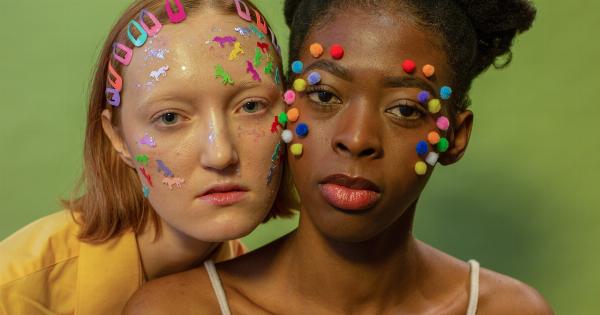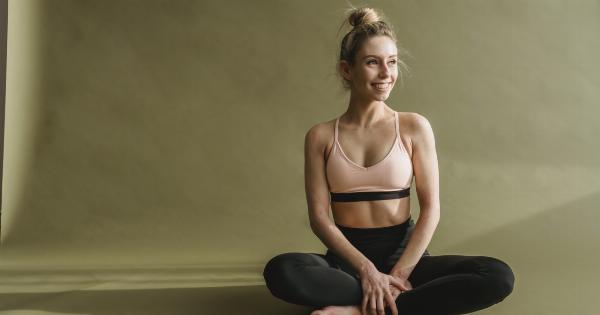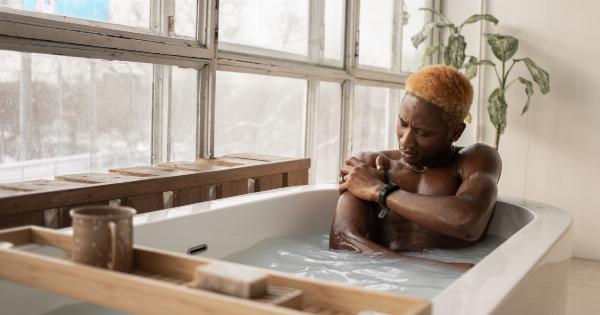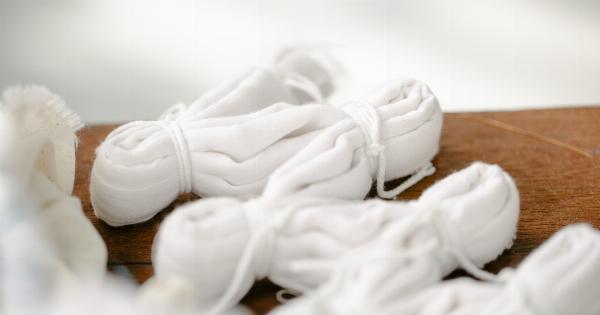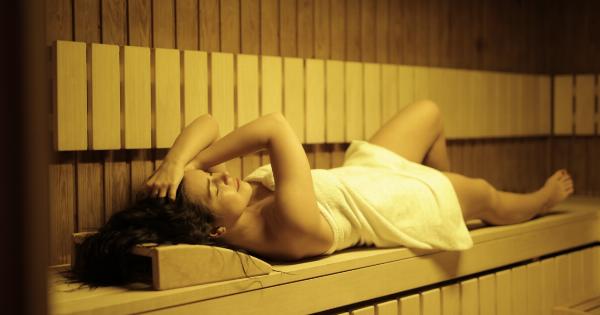Self-confidence plays a vital role in our overall well-being and success. It influences how we perceive ourselves and how others perceive us. While beauty is often associated with physical appearance, there is much more to it than meets the eye.
In fact, science has shown that self-confidence and beauty go hand in hand, with a strong interconnection between the two. Let’s delve into the science behind self-confidence and its connection to beauty.
The Power of Self-Confidence
Self-confidence can be defined as the belief in one’s abilities, qualities, and worth.
It is a crucial aspect of our psychological and emotional well-being, impacting various areas of our lives, including relationships, career, and personal development. When we are confident, we radiate a positive aura, attracting people towards us and paving the way for success.
Studies have found that self-confidence acts as a self-fulfilling prophecy. When we believe in ourselves and our abilities, we are more likely to take risks, persevere in the face of challenges, and ultimately achieve our goals.
Conversely, a lack of self-confidence can hold us back, limiting our potential and hindering personal growth.
The Beauty of Confidence
While physical appearance can certainly impact one’s perception of beauty, true beauty goes beyond skin deep. In fact, confidence is often considered one of the most attractive qualities a person can possess.
People who exude self-assurance are seen as more charismatic, likable, and trustworthy.
Studies have shown that confident individuals are more likely to succeed in various social interactions. They tend to be better communicators, both verbally and non-verbally, allowing them to build strong connections with others.
This increased sociability and positive interpersonal skills contribute to their overall attractiveness, resulting in greater opportunities in both personal and professional domains.
The Link between Confidence and Physical Attractiveness
While confidence plays a significant role in determining one’s beauty, there is also a reciprocal relationship between physical attractiveness and self-confidence.
Numerous studies have demonstrated that individuals who perceive themselves as physically attractive tend to have higher self-esteem and confidence levels.
This connection can be attributed to societal standards of beauty and the positive reinforcement individuals receive when they fulfill those standards.
When society consistently reinforces the notion that physical attractiveness equates to worth and success, individuals who align with these standards tend to internalize these messages, leading to increased self-confidence.
Furthermore, feeling physically attractive can also lead to improved self-perception and body image. When individuals feel satisfied with their physical appearance, they are more likely to exhibit higher levels of self-confidence.
This confidence then radiates through their behavior, body language, and overall demeanor, further enhancing their attractiveness.
The Role of Chemicals: Dopamine and Serotonin
Behind the science of self-confidence and its connection to beauty lies the role of various neurotransmitters in our brain. Dopamine and serotonin, in particular, play significant roles in regulating our mood, emotions, and overall well-being.
Dopamine, often referred to as the “feel-good” neurotransmitter, is associated with pleasure, motivation, and reward.
It is released when we achieve a goal or experience success, providing a sense of accomplishment and boosting our self-confidence. When we feel confident, dopamine is released in the brain, reinforcing and perpetuating that state of mind.
Serotonin, on the other hand, helps regulate our mood and emotions. It contributes to feelings of happiness, contentment, and well-being. Individuals with higher levels of serotonin tend to exhibit greater self-confidence and a positive outlook on life.
Moreover, serotonin also plays a role in how we perceive and respond to social cues, further influencing our confidence levels in social settings.
The Impact of Positive Self-Talk
Our internal dialogue, or self-talk, plays a crucial role in shaping our self-confidence and overall perception of ourselves. Positive self-talk involves replacing negative thoughts and self-criticisms with supportive and empowering statements.
It helps rewire our brains and cultivate a more positive self-image.
When we engage in positive self-talk, we reinforce our abilities, strengths, and accomplishments. This creates a cycle of positive reinforcement, boosting our self-confidence and promoting a healthier self-perception.
By reframing our thoughts and focusing on our strengths, we become more self-assured, leading to enhanced beauty both internally and externally.
The Confidence-Beauty Feedback Loop
The relationship between self-confidence and beauty can be described as a feedback loop. Confidence enhances beauty, but beauty also enhances confidence.
When we feel confident, we take better care of ourselves, leading to improved physical health and grooming habits. This, in turn, enhances our physical attractiveness, reinforcing our confidence and creating a positive cycle.
Moreover, when we feel beautiful, we are more likely to engage in activities and behaviors that boost our self-esteem and confidence.
This can include dressing well, maintaining good posture, and engaging in self-care practices, all of which contribute to our overall attractiveness and sense of confidence.
Cultivating Self-Confidence
While self-confidence can be influenced by various factors, it is not a fixed trait. It can be cultivated and strengthened through intentional practices and mindset shifts. Here are some strategies to help boost self-confidence:.
- Challenge negative self-talk: Recognize negative thoughts and replace them with positive, affirming statements.
- Set achievable goals: Break down larger goals into smaller, attainable steps to build confidence along the way.
- Celebrate successes: Acknowledge and celebrate achievements, no matter how big or small.
- Practice self-care: Prioritize self-care activities that make you feel good and enhance your overall well-being.
- Surround yourself with positive influences: Surround yourself with supportive and uplifting individuals who encourage your growth and self-confidence.
- Engage in self-reflection: Reflect on your strengths, passions, and values to develop a strong sense of self-identity.
- Take care of your physical health: Exercise regularly, eat a balanced diet, and get enough sleep to improve both physical and mental well-being.
The Beauty of Self-Confidence Transcends Physical Appearance
In conclusion, self-confidence and beauty are deeply interconnected. True beauty goes beyond physical appearance and encompasses our level of confidence and self-assurance.
Scientifically, self-confidence can impact our attractiveness, social interactions, and even our brain chemistry. By understanding the science behind self-confidence and implementing strategies to cultivate it, we can tap into our true beauty potential and lead more fulfilling lives.

